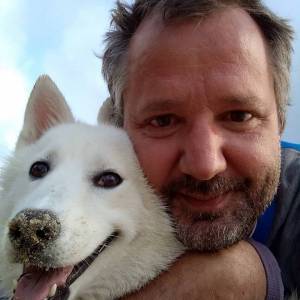Continuity
A few minutes after publishing yesterday's blip, I heard my name being called by one of the Kayapós. I stepped outside, and he told me to follow him. He led me to their dorm. All 40 of them were waiting for me.
I wished them a good morning, but they didn't answer. Some didn't even look at me. What was going on? Had I done something?
Finally, one of the elders stepped forward and said: "We've had many sons and daughters of missionaries visit us, but none of them ever came back. We want your word that you will come back and visit us again when your father won't be able to come back again."
Now they were all looking at me. It was only then that I understood that they were mourning. They knew that my Dad wouldn't be able to come back anymore, that this was probably the last time they were seeing him. And they wanted assurance that someone would keep his memory alive amongst them, and they were telling me that this was my father's son responsibility.
Their culture is built on continuity. One of their biggest concerns is to prevent ruptures. Individual death is not nearly as terrible as the end of a entire lineage or family. Things must go on in one way or another. Knowing that my Dad's son would, in one way or another, continue his presence among them was of utmost importance to them.
When I gave them my word that I would be back, the younger Kayapós began to line up and asked me to take their photographs.
In today's blip, one of them shows me the scars that resulted from the wounds that were inflicted by his chief during one of the initiation rituals when he was 14 years old. "It hurt a lot", he said. "There was blood everywhere."

Comments
Sign in or get an account to comment.


